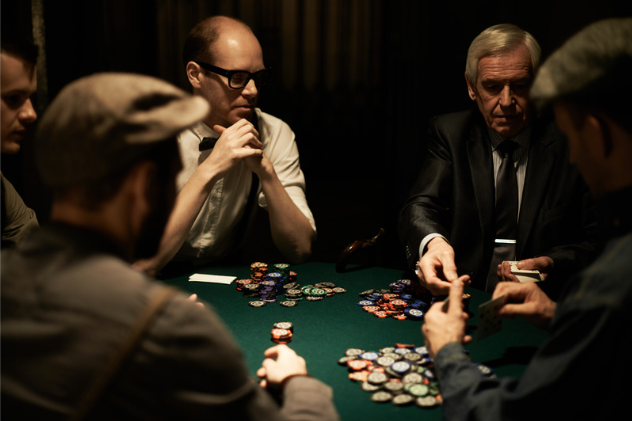Tammy
Can I help you?
Administrator























Not sure if I'm getting the question correctly but I would not be able to tell if an unfamiliar person is a strong or weak player. Only the record of their ROI or profitability could tell if they're such.with unfamiliar people, what are some telltale signs that tell you whether a player is strong or weak?









I've only played live poker a few times, so I don't have the skills to read my opponent.When you sit down at the table in a tournament with unfamiliar people, what are some telltale signs that tell you whether a player is strong or weak? Can you give examples of how these tells may be different in live play vs. online?

Special thanks to @hobojim1247 for this topic idea!























I don't have any experience in live poker as I've never played, so I can't share any information.Can you give examples of how these tells may be different in live play vs. online?














































Also heavy or rapid breathing. Possibly with the carotid artery pumping - this can indicate adrenalin release due to excitement.One tell for live games is to look at your opponents neck in big spots if they dont have it covered. To see if there carotid artery is pumping this can only be used in a live setting not online as you cannot see your opponent online.










Sometimes the player is just checking the suits of his cards and comparing to the flop.- If a player gives a 2nd look at his cards just after the flop, it can be since he wants to be sure that he has flopped something big , so be careful.
Yes, and if the player talks a lot at the table and then is silent during the hand - they are usually holding strong cards.- If a player talks a lot during a hand he is involved in, it can be a sign of weakness.
I agree.- If a player looks at your chips before betting, he is probably holding a strong hand.
Or he has a medical condition. This truly can be.-If a player is trembling while betting, it's a sign of nervousness
I agree.- If a player tries to intimidate you while betting, it's possibly a sign of weakness... but it can also be a 2nd degree strategy






